Chuck sez: "Never let a covert operation get in the way of a bad pun."
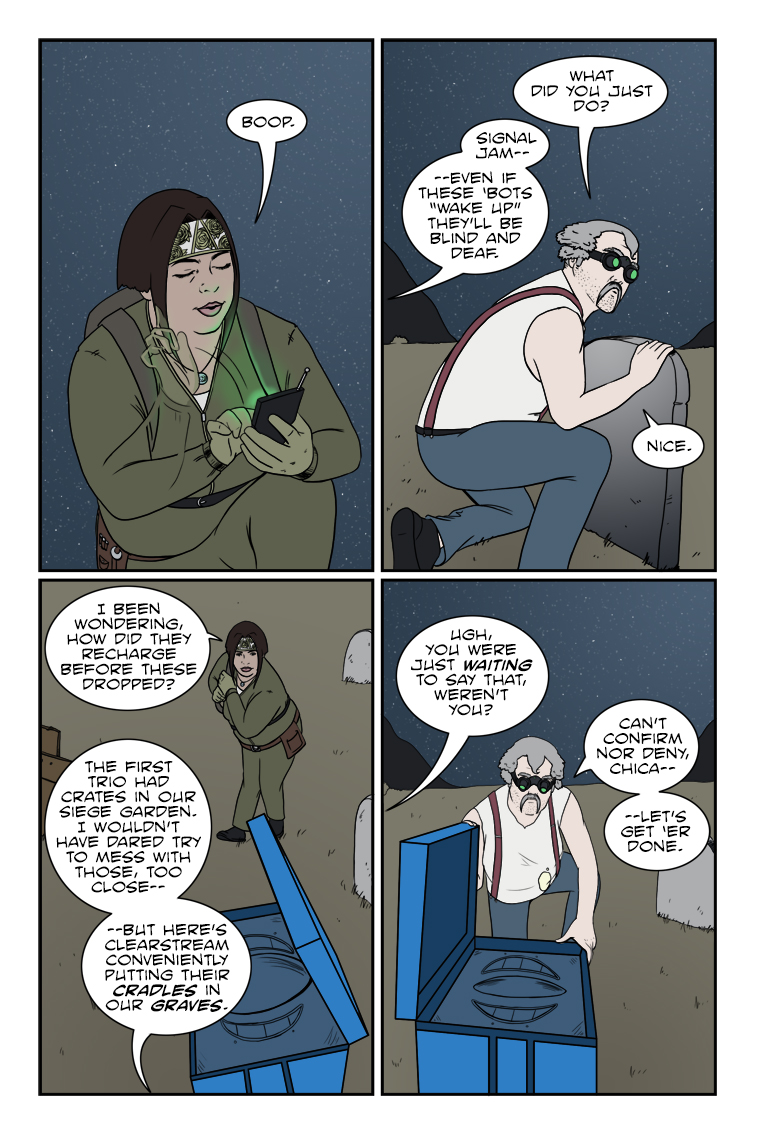
Latest Comics
-
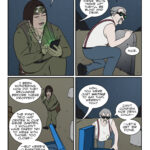
#566. 543 – Cradles And Graves
42 Yesterday
-
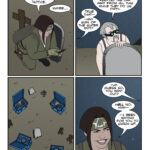
#565. 542 – Catching Up
85 Apr 09, 2025
-
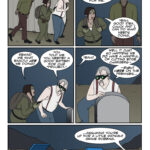
#564. 541 – Graverobbers
62 Mar 19, 2025
-
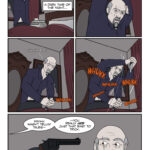
#563. 540 – Trick Hello
38 Feb 26, 2025
-

#562. EPISODE TWENTY-THREE
10 Feb 24, 2025
-
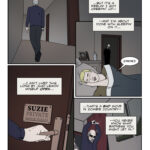
#561. 539 – A Knife In The Dark (END OF EPISODE 22)
26 Dec 25, 2024
-
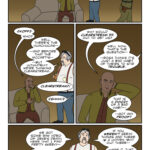
#560. 538 – Astute Paranoia
49 Dec 11, 2024
-
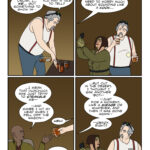
#559. 537 – Kooky And Spooky
64 Nov 20, 2024
-
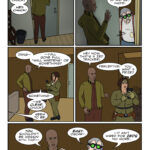
#558. 536 – Great State Of Tech Sass
60 Oct 30, 2024
-

#557. 535 – Suzie Schadenfreude
63 Oct 16, 2024
-
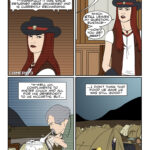
#556. 534 – Compliments To The Cook
69 Sep 18, 2024
-
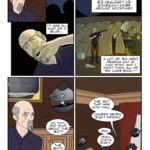
#555. 533 – Just Asking Questions
170 Sep 04, 2024
-
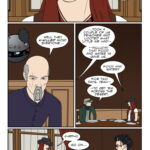
#554. 532 – Food For Naught
40 Aug 21, 2024
-
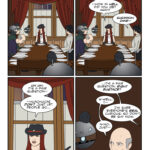
#553. 531- Inquisitional Etiquette
55 Jul 10, 2024
-
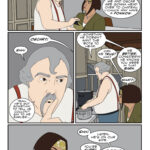
#552. 530 – After Dinner Stints
54 Jun 26, 2024
-
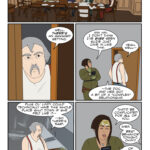
#551. 529 – Kitchen Gossip
93 Jun 12, 2024
-
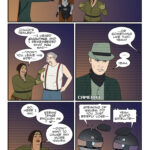
#550. 528 – Snitches Get Glitches
110 May 29, 2024
-
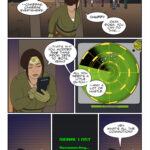
#549. 527 – Rosa Ex Nihilo
276 Apr 24, 2024
-
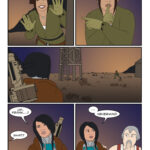
#548. 526 – The Union Of The Sneak
78 Apr 10, 2024
-
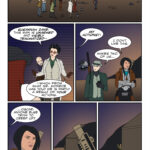
#547. 525 – Creeping Suspicions
57 Mar 27, 2024








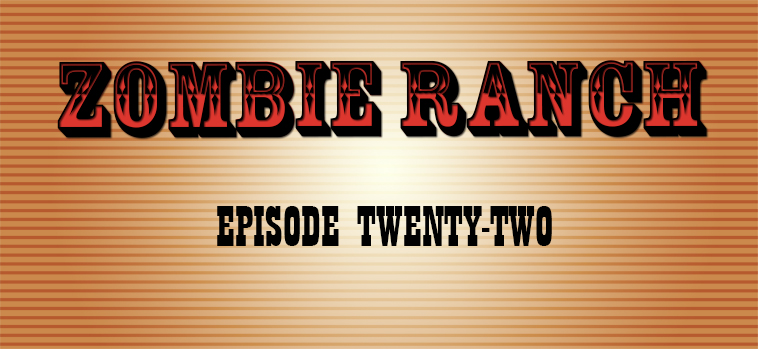
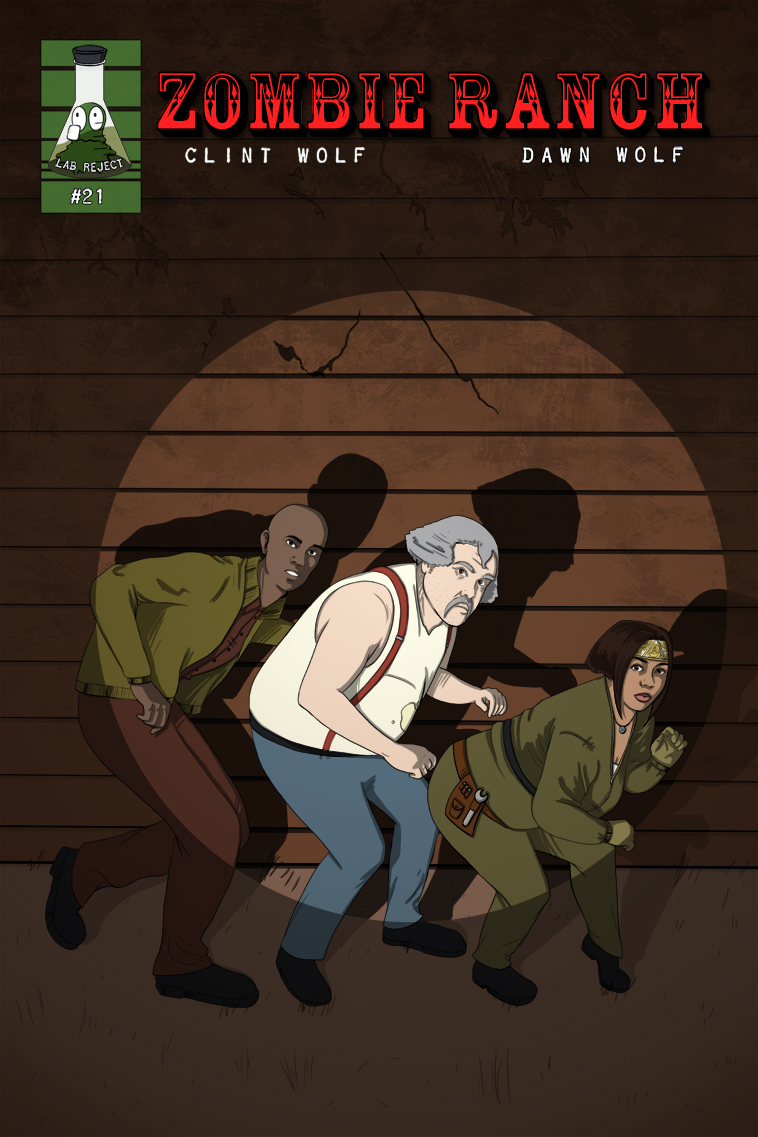
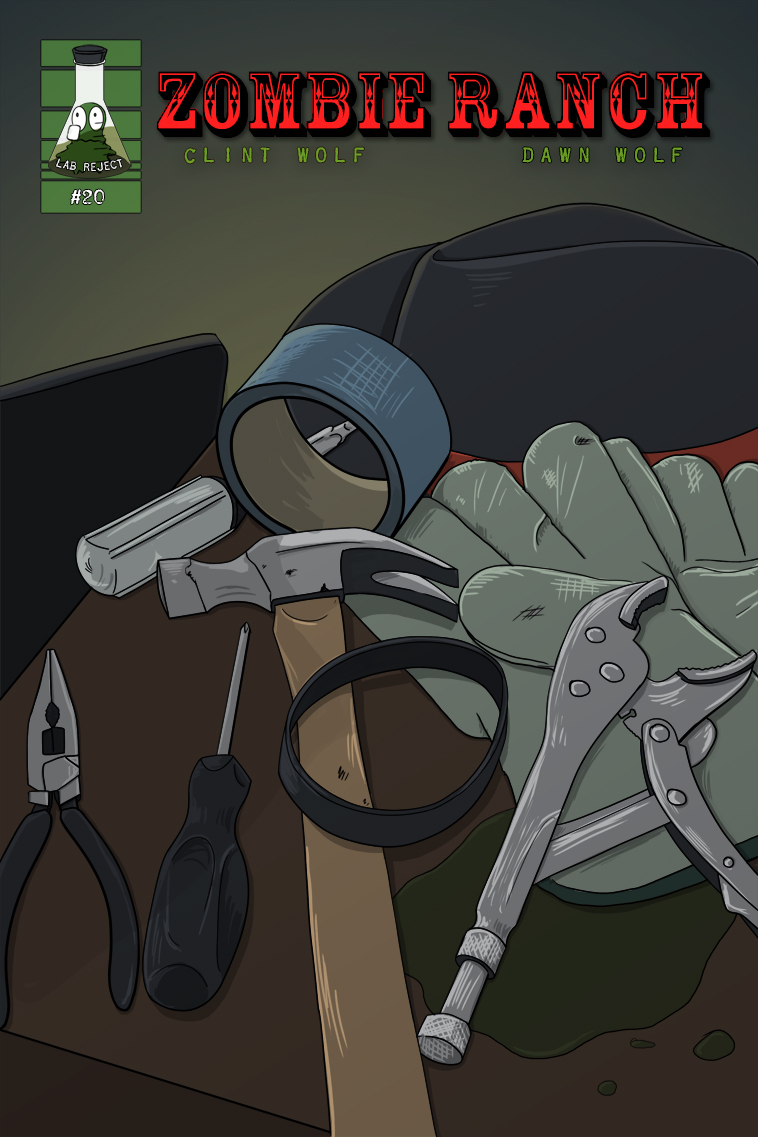
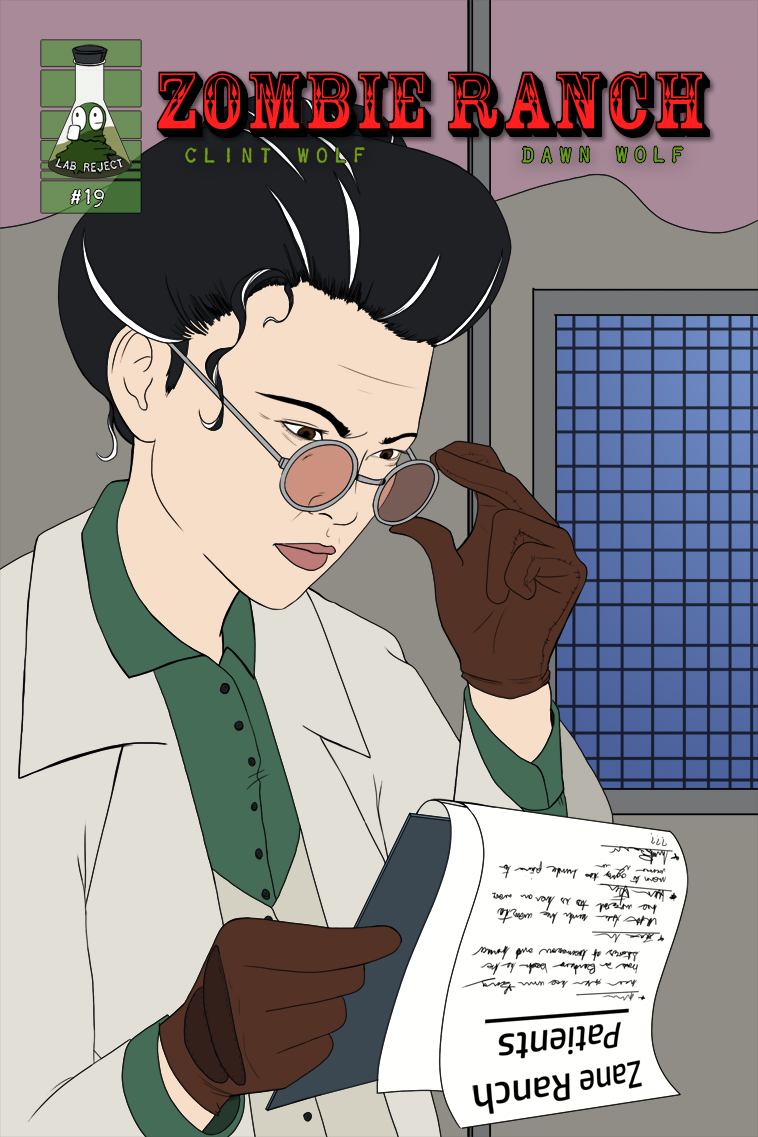
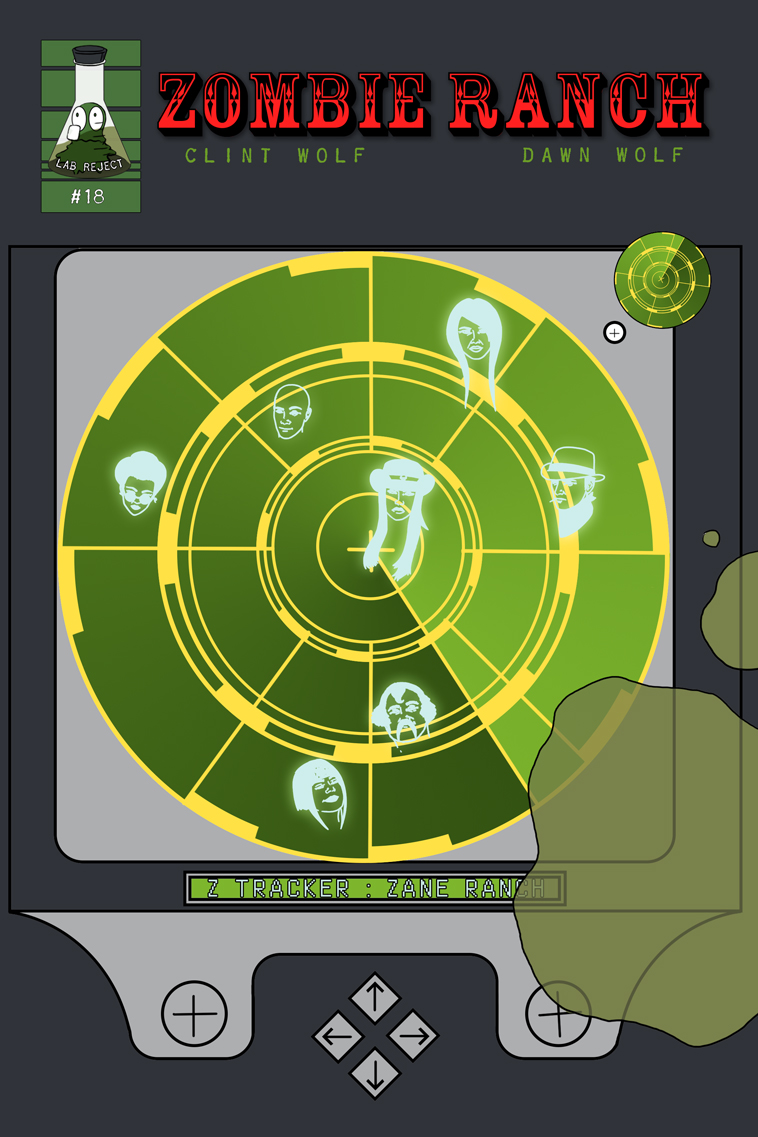
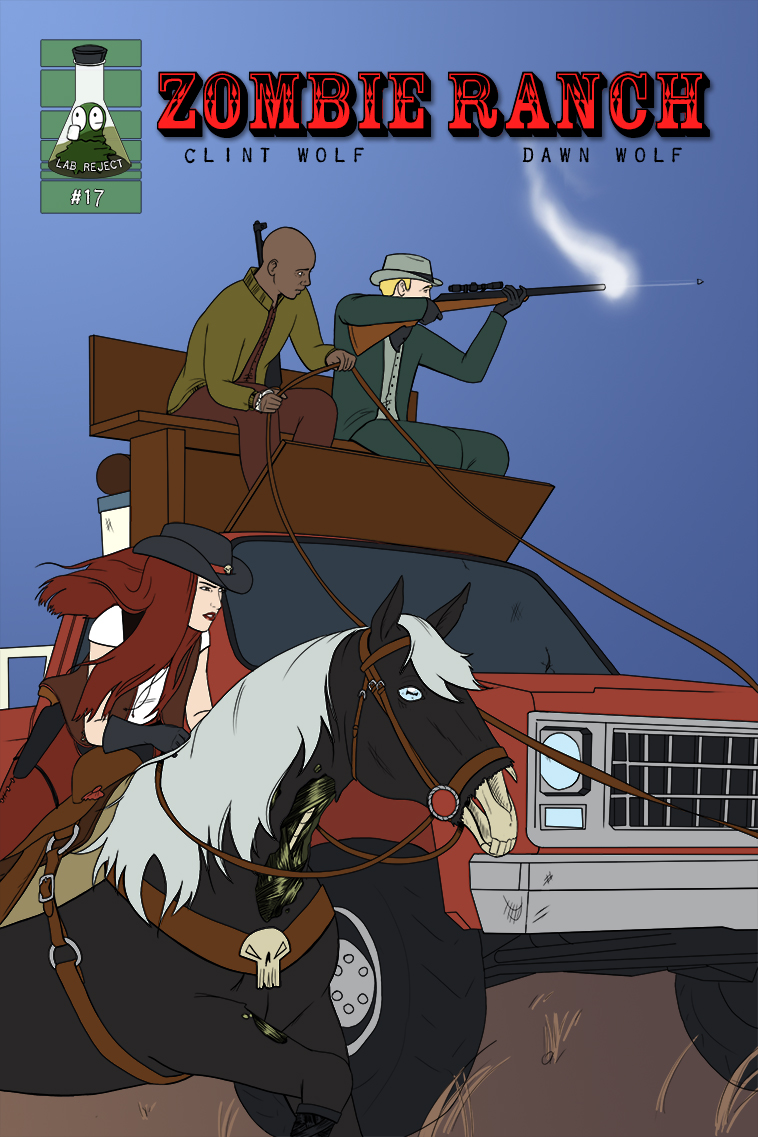
2 thoughts on “543 – Cradles And Graves”
Keith
Oh lordy, they really are a great couple…though, I suggest adopting.
Anonymous
Consequences be damned, because doing nothing might be worse.